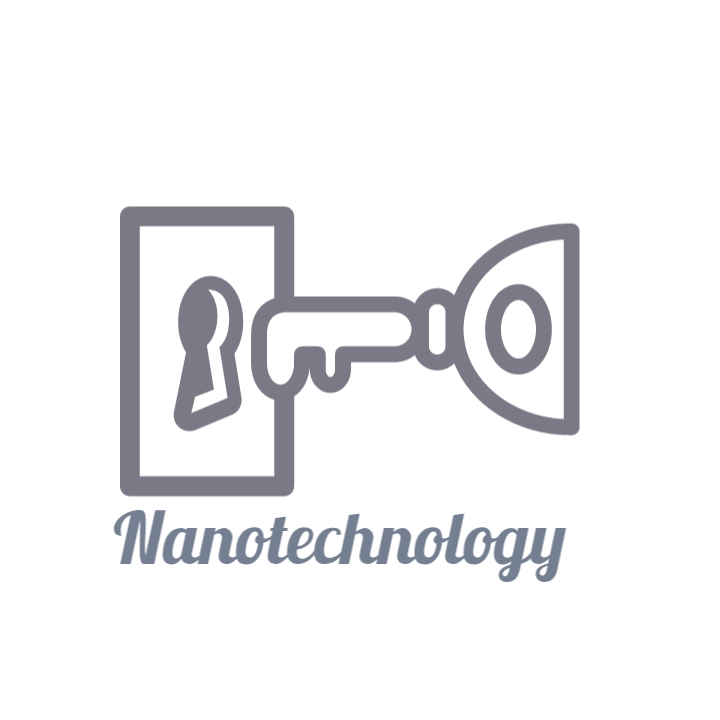
Trivia Quiz
Trivia Instructions
Welcome to our trivia quiz! You will be presented with a series of multiple-choice questions. Each question features its own 30-second timer displayed within a circular blue frame. The complete question pool is randomized and partitioned into 5 disjoint variants, ensuring that questions do not repeat between variants for the same user. Enjoy and good luck!
Variant 1 of 5 Full Screen

